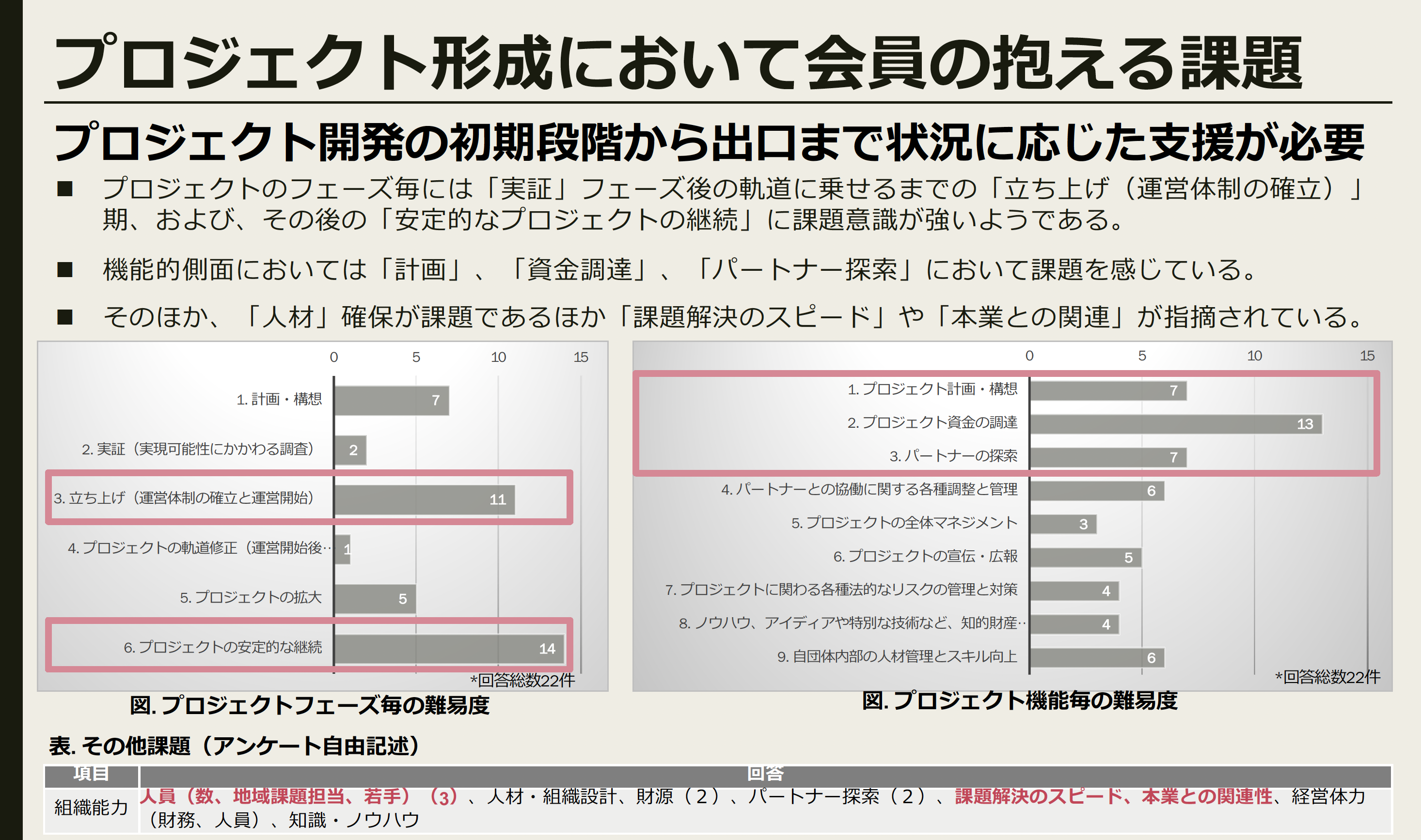2023/6/29
The “2030 Agenda” and the “Sustainable Development Goals” (SDGs) were adopted by the United Nations, and it has been about eight years since then. Since 2020, “The Decade of Action” has accelerated efforts to achieve the SDGs. In this context, initiatives through open innovation platforms are gaining attention, with international organizations, government agencies, and private companies becoming involved in forming and expanding projects that contribute to the 2030 Agenda.
This year, the United Nations University conducted a survey regarding the “IMAGINE KANAZAWA 2030 Partners” project in Kanazawa City, Ishikawa Prefecture. The survey aimed to investigate the impact of the project’s implementation, its operational status, and the challenges faced by its members. This partners project is primarily led by government agencies and incorporates open innovation platform initiatives. The purpose of the survey is to deepen understanding of policies supporting the achievement of SDGs, as well as methods for supporting the formation and expansion of various organizations’ projects, and to share the insights gained.
Survey results (please refer to the accompanying document in japanese)
- Effects of the Partners Project
Overall, the Partners project is effectively working towards its original goals*.
- The project is helping to build social connections, such as knowledge, information, familiarity, and a willingness to contribute, which are all important for achieving the “Kanazawa Future Scenario.” This is strengthening partnerships within the network.
- Several projects are currently being developed or are in the works.
- Participation in the Partners Exchange Meetings, a key activity of the project, is showing positive effects that can enhance partnerships and project development.
*(The “original goals” refer to the aim for companies, organizations, and individuals committed to achieving the “five directions” of Kanazawa SDGs to practice the Kanazawa Future Scenario through active networking among members. The “five directions” are part of a unique SDGs action plan for Kanazawa City, Ishikawa Prefecture.)
(For reference: https://kanazawa-sdgs.jp/about-partners/)
- Current Situation Overview
An analysis of the project’s effectiveness includes information on its operation and the challenges faced by members:
- In general, after joining the Partners, members have gained social trust, knowledge, and a motivation to contribute. Networks are being formed, and some members are creating partnerships both within the platform and externally, leading to ongoing project development.
- However, some members have expressed dissatisfaction with the networking and matching methods, as well as the sharing of information about other members’ activities and achievements. Challenges exist in accessing necessary management resources, finding new project opportunities, and developing project skills. This leads to a mismatch between the services offered by the project and members’ expectations.
- Most projects being formed focus on low-risk, one-time events, while there is a shortage of more impactful programs. Conversely, members are keen to create new initiatives, indicating obstacles in the development process. Regarding partnerships, members prefer to collaborate after developing their own projects or seek co-creation from the planning stage with others.
- Throughout the project development stages, a range of challenges has been identified, from planning to stabilization, with a specific need for resources to address these issues. There is a particular focus on establishing operational structures after testing, securing funding, and ensuring stable project continuity.
- Conclusions based on Results
To promote partnerships and accelerate project creation and growth, the following three points are important:
- Enhancing event designs to encourage networking and matching is crucial. By being aware of beneficiaries’ needs and organizing theme-specific or member-focused events, effectiveness can be increased.
- Flexibility in meeting diverse needs for project creation and improvement is essential. This involves establishing consulting services based on management expertise, providing resource support, and offering skill development. If a project’s profitability is low, advising on restructuring it as a social or public venture is necessary.
- Sharing the initiatives, successes, and insights of each organization can help increase knowledge and motivation among members. Also, it is very important to raise awareness both on and off the platform, build trust among members to encourage growth and diversity, and facilitate spontaneous networking.
Thank you to everyone who participated in the survey. In the future, interviews will be conducted to explore further ways to promote projects that contribute to the SDGs.





